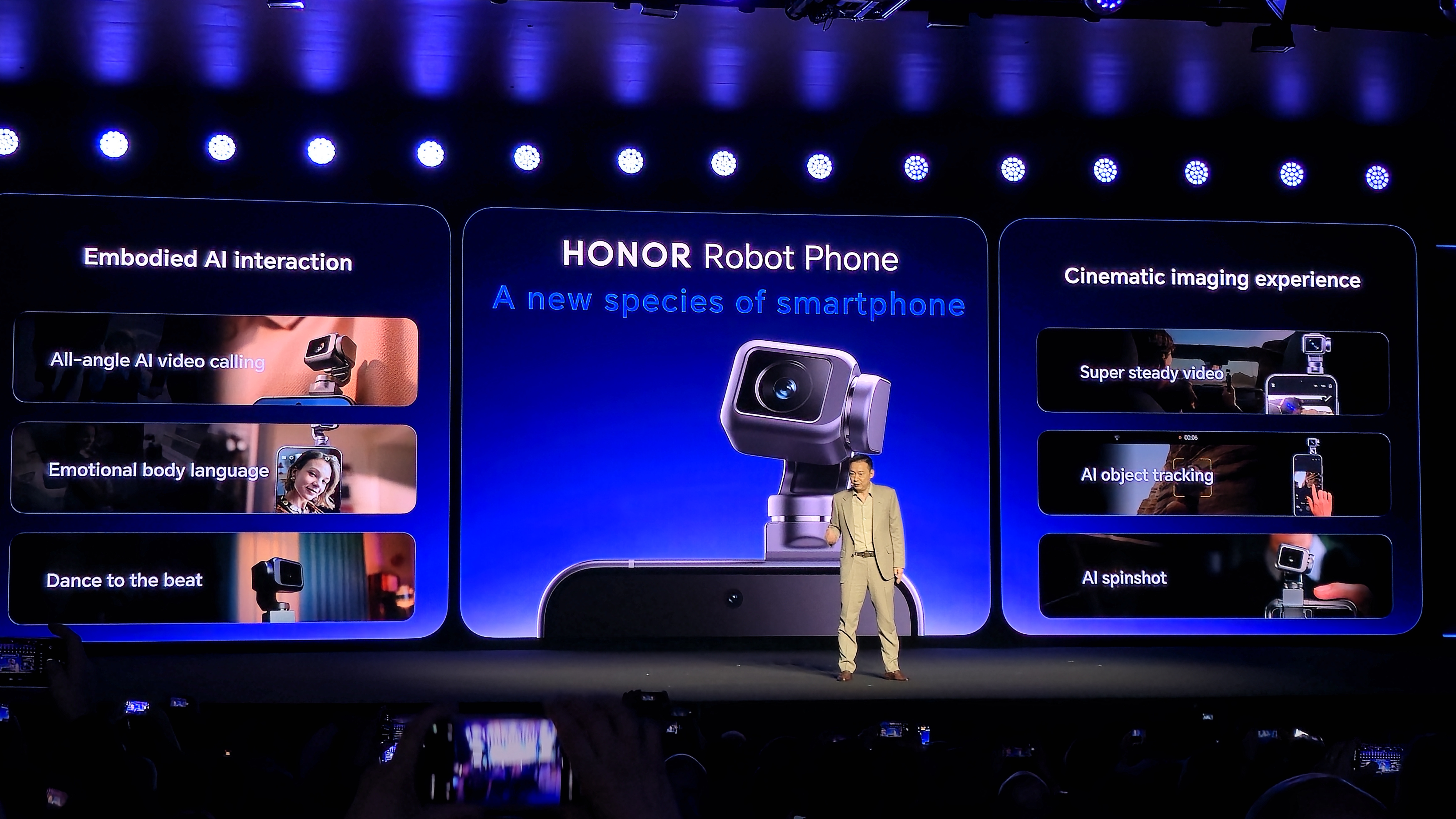The ultimate guide to going freelance
10 tips from an expert on how to achieve success and happiness as a freelancer.
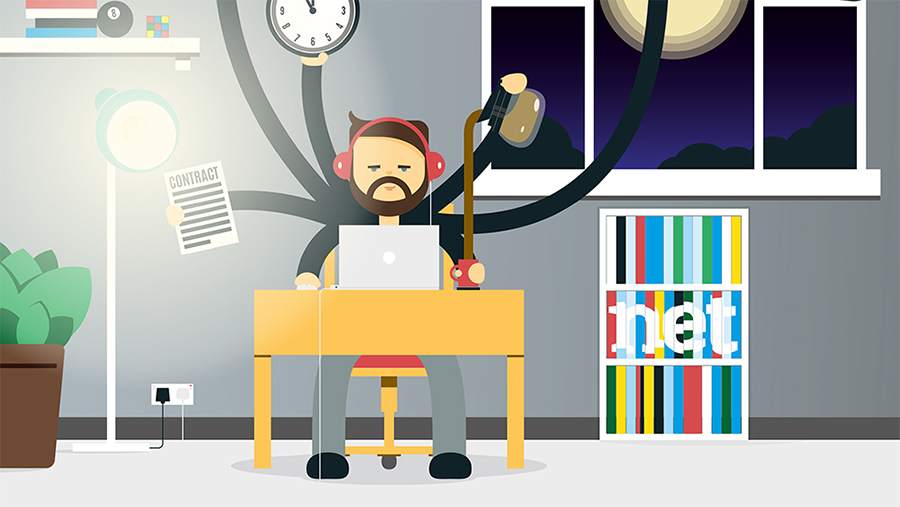
Sign up to Creative Bloq's daily newsletter, which brings you the latest news and inspiration from the worlds of art, design and technology.
You are now subscribed
Your newsletter sign-up was successful
Want to add more newsletters?
The number of freelancers, or ‘independent workers’, is growing rapidly as more and more people leave their full-time jobs to set up their own businesses. In the UK alone, there are approximately five million freelancers, with web design and interior design both rated as some of the most desirable freelance careers.
But there's more to going freelance than knowing how to network or having an amazing portfolio. In this article, I'll offer some top advice on how to go freelance, including what to prepare before you go freelance, how to find clients, and the secret to a happy life as a freelancer. For more advice, take a look at my book, Mastering Freelance.
01. Establish your goals
One of the first steps is understanding your reason for going freelance. Simply put, if you don’t know where you’re going, chances are you won’t get there anytime soon. It's impossible to reach your goal if you don't know what your goal is.
Take some time to consider why you’re going freelance. Is it to have more time with your family? Would you like to travel and work remotely? Or do you want to build your very own business empire? Don’t worry; there’s no right or wrong answer here. Your passions will change with time (that’s a good thing!) and your reasons for freelancing will too.
02. Save up a financial buffer
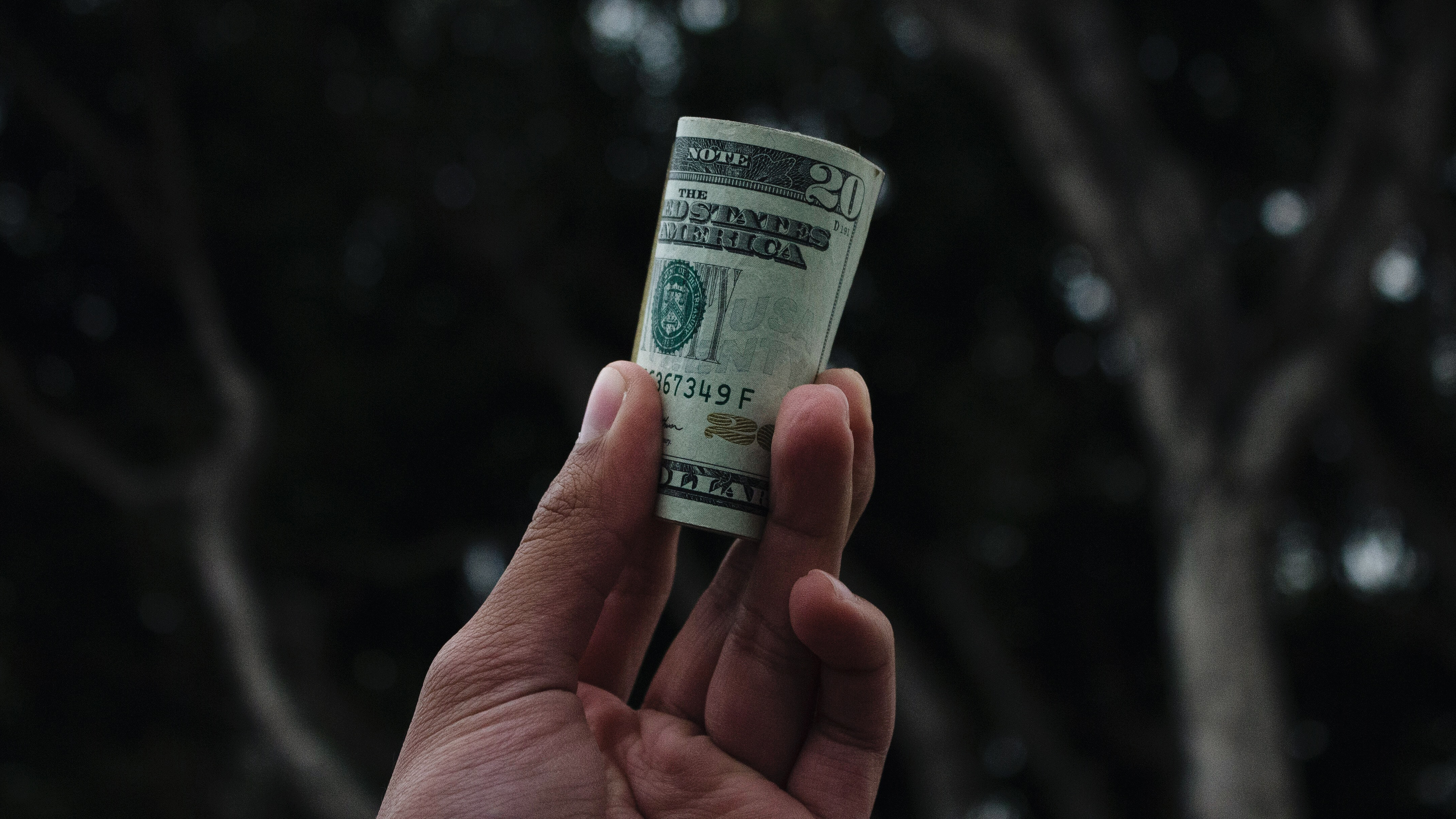
Before I started freelancing, I saved for a couple of months to give me a tiny bit of financial security. Now don’t kid yourself; you’ll still have to tackle financial stress, but this way you’ll be certain you can still pay your rent and eat decent food.
Keep in mind that even committed clients may take some time to pay you while you are working. Anticipate two or three months with no regular income. Having this financial buffer allowed me to put everything I earned into my company for the first six months, which gave my company a great financial start.
03. Have clients ready
When you make the leap, you don’t want to spend your first day chasing clients. Instead, make sure you have a couple of clients on standby for when you’re ready to begin. You can even start working with them while you’re still in your full-time job using evenings and weekends.
Sign up to Creative Bloq's daily newsletter, which brings you the latest news and inspiration from the worlds of art, design and technology.
That way, you’ll have a feel for the freelance life in all its glory: client communication, deadlines, delivering work, invoicing, financing and so on. If you hate it, you can go back to your day job the next morning. If you hate parts of it, look into what you could eventually outsource to someone else, but save that added expense for later on.
04. Plan your days
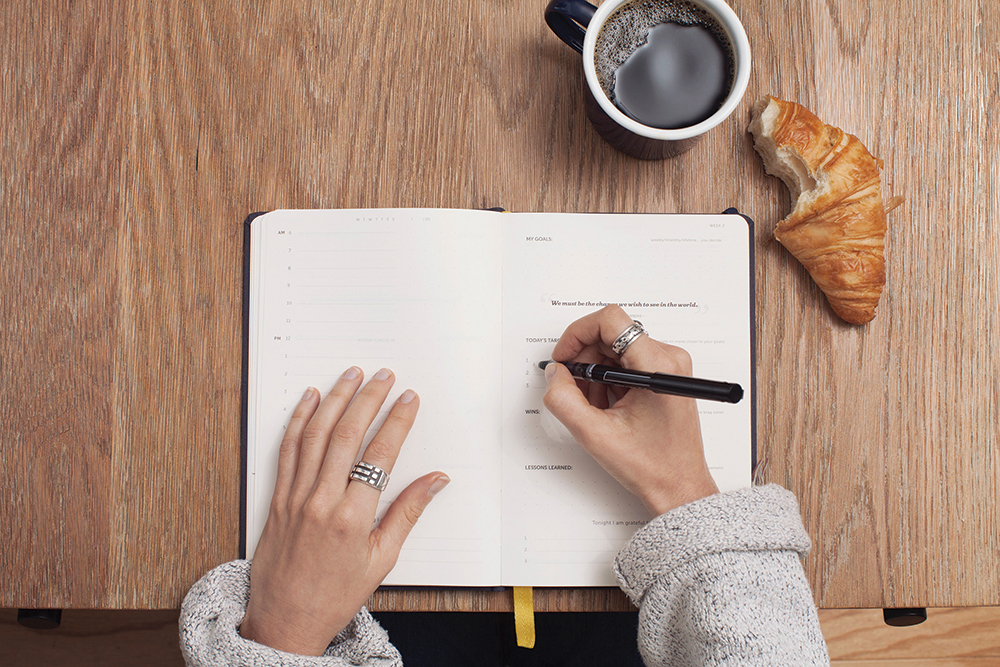
When you don’t have real actionable tasks you need to complete, it’s so easy to just hang out in Slack channels, check out Twitter, or look for inspiration on Pinterest. These things feel like work, but there’s no one paying you for that time. This is something I occasionally still struggle with after nearly 10 years.
I’ve found that dividing my day into two or three chunks with a clear task for that period works best for me. When you’re working in a company, you’re usually paid a monthly salary, and regardless of what value you bring and how many hours you work, within reason. When you’re running your own company, you’re in charge of making sure that money comes in, and regiment is important. Being a freelancer doesn’t mean freedom from a schedule.
05. Find your niche
No-one will come to you unless they have a problem. Whether you are a developer, designer, bookkeeper or plumber, your client has a problem they need you to solve. It’s crucial to fully understand their needs to plan the right solution.
I have had clients come to me and say they want a website. As much as I’d like to make that a complete reality, I only do design and strategy work. I wouldn’t solve their problem by handing them a beautifully designed Sketch file and waving them off.
Solving their problem would take finding a copywriter to work on their content, and then handing the design and assets off to a developer who’ll code and launch their website within their timeline. A Sketch design file would get them closer to their solution, but it wouldn’t have solved their problem. The problem you’re solving may not be the same as what you do, or even what they hire you to do.
Try to find your niche as tightly as possible – it’s okay to go outside your positioning on occasion, but the quicker clients can understand exactly what it is that you do, the faster they’ll know you are the right person to hire.
06. Make the most of friends and colleagues
There’s no easier pitch than the one that a friend, an established colleague, or a prior client sets up for you. I’m extremely grateful for the testimonials that clients have given me, because their kind words do the selling for me. After all, a product that all of your friends love gets your attention, right?
The same goes for your services. If you can get your network to advocate for you (through word-of-mouth, LinkedIn, a testimonial on your site or introductions), you will see immediate benefits.
07. Engage with online networks
Where do your potential clients hang out online? Is there a forum where they talk? A LinkedIn group? Regardless of where they are, try to pitch in. Coming in with guns blazing can be bad, but be as engaged as possible.
Offering free advice will position you as someone they can value. Working with you will be a more natural choice for them since you’ve positioned yourself positively.
08. Pay extra attention to recurring clients
The easiest way of keeping busy all the time is to keep the clients you already have. This does not mean they deserve better treatment than new clients, but it’s worthwhile to invest effort into maintaining these relationships. New clients may seem much more inspiring than older clients, but there’s no comfort or security in what’s new.
If you’re like me and not a big fan of the ‘hustle’, staying with recurring clients can simplify your business. I cannot stress enough how valuable this has been for my success.
09. Play the long game

I’ve had meetings with clients that I thought went really well, and then never heard back from them. There are so many factors around why things don’t always take off straight away and, on a couple of occasions, these companies have got back in touch several years later. Things don’t always take off right away, so don’t be too hard on yourself. Often, it really is a marathon.
10. Learn to swallow your pride
Three years ago, I got a call from an agency asking if I could help them out with a client. The job was just to create a couple of buttons and modules for a website. While this is not normally the kind of job I would usually take on, I decided that I might as well take it because I had a slow month.
Since then, that client has become my biggest on a yearly basis, and I’m now on its product development team. Why? Through creating those buttons, I showed them my value and how they could benefit from integrating me earlier in their process. When you provide true value to clients, you will be rewarded. Sometimes you just have to start a bit lower down the food chain.
11. Find happiness, then success
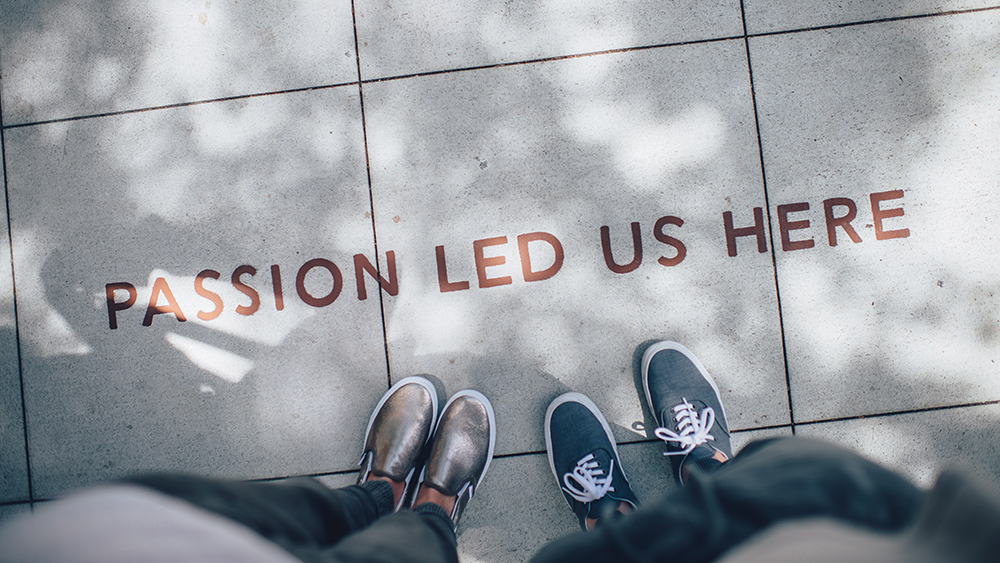
I am going to let you in on a secret I discovered just recently. You see, for years I was chasing the same thing that most of us are: success. Whether that is in terms of money, fame, respect or something else – it comes down to how we define what ‘success’ really is.
We all know this feeling. We all follow a similar path. And I want to be perfectly clear: it’s not entirely a bad thing. Striving for the next great thing is part of what will make you successful, because you won’t just settle.
When we’re happy, we do better work. The best way to do this is different for all of us, but it usually consists of eating well, exercising, meeting friends, watching movies; just doing what you love. Find happiness, then success will follow.
Main Illustration by Marcus Faint
This article originally appeared in net, the magazine for professional web designers and developers.Subscribe to net here.
Read more:
You must confirm your public display name before commenting
Please logout and then login again, you will then be prompted to enter your display name.
